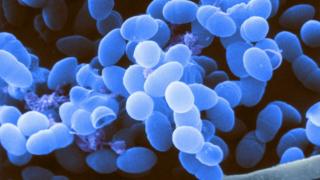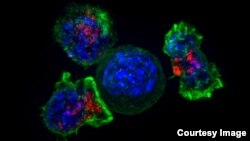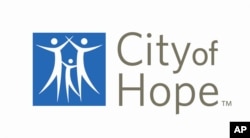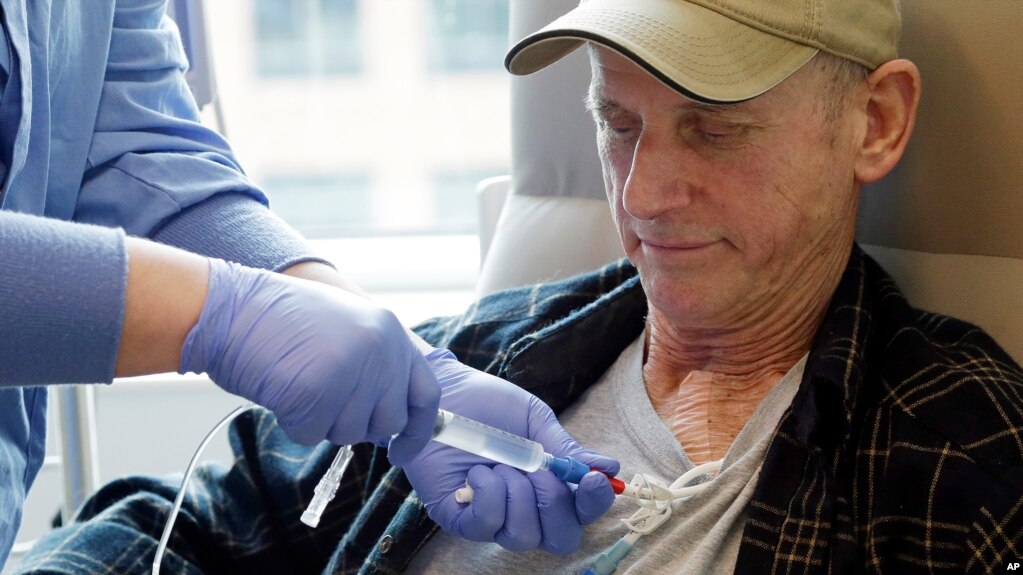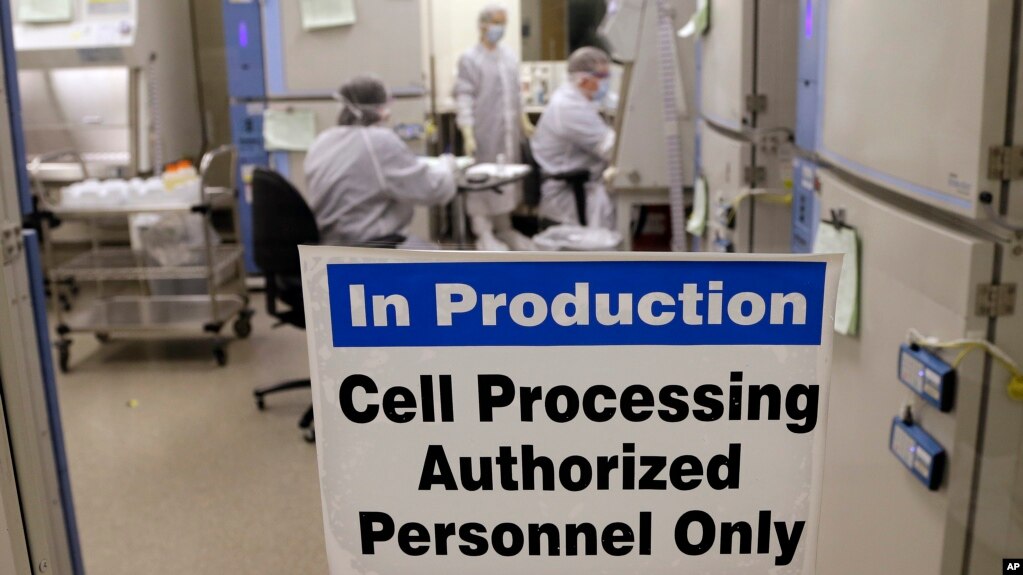Eaglewings
Platinum Member
As a breast cancer survivor X2 recovering now...This Is Huge People!!!! Big studies have shown the treatment is working for thousands of cancer patients across America. I hope I can get into a study..
Silicon Valley billionaire Sean Parker will donate $250 million to launch a new institute aimed at developing more effective cancer treatments by fostering collaboration among leading researchers in the field.
It will include over 40 laboratories and more than 300 researchers from six key cancer centers: New York's Memorial Sloan Kettering, Stanford Medicine, the University of California, Los Angeles, the University of California, San Francisco, Houston's University of Texas MD Anderson and the University of Pennsylvania in Philadelphia.
Tech Mogul Sean Parker Donates $250M to Cancer Fight
What is cancer immunotherapy? | American Cancer Society
What is cancer immunotherapy?
Immunotherapy is treatment that uses certain parts of a person’s immune system to fight diseases such as cancer. This can be done in a couple of ways:
In the last few decades immunotherapy has become an important part of treating some types of cancer. Newer types of immune treatments are now being studied, and they’ll impact how we treat cancer in the future.
.
Silicon Valley billionaire Sean Parker will donate $250 million to launch a new institute aimed at developing more effective cancer treatments by fostering collaboration among leading researchers in the field.
It will include over 40 laboratories and more than 300 researchers from six key cancer centers: New York's Memorial Sloan Kettering, Stanford Medicine, the University of California, Los Angeles, the University of California, San Francisco, Houston's University of Texas MD Anderson and the University of Pennsylvania in Philadelphia.
Tech Mogul Sean Parker Donates $250M to Cancer Fight
What is cancer immunotherapy? | American Cancer Society
What is cancer immunotherapy?
Immunotherapy is treatment that uses certain parts of a person’s immune system to fight diseases such as cancer. This can be done in a couple of ways:
- Stimulating your own immune system to work harder or smarter to attack cancer cells
- Giving you immune system components, such as man-made immune system proteins
In the last few decades immunotherapy has become an important part of treating some types of cancer. Newer types of immune treatments are now being studied, and they’ll impact how we treat cancer in the future.
.



